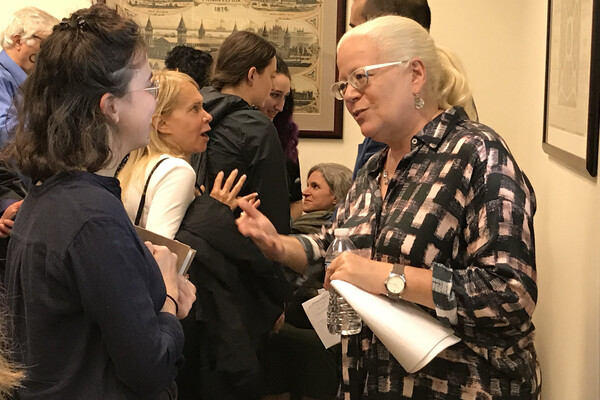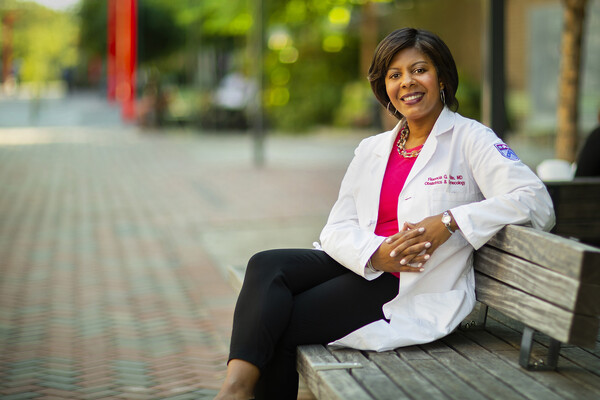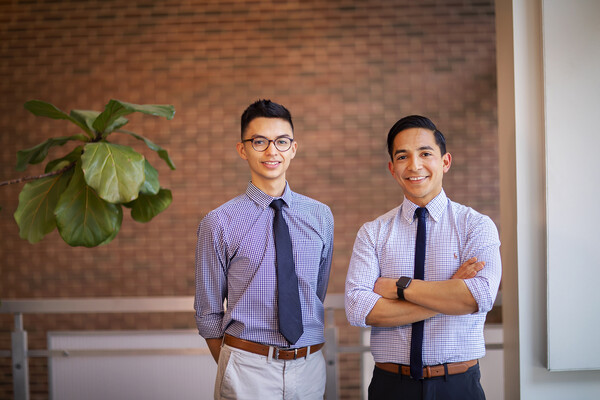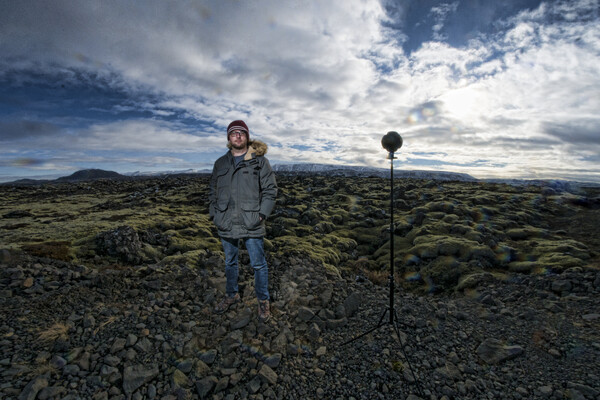The findings of this latest work add to the canon of overall knowledge about what factors predict success. They also strengthen Duckworth’s original theories about grit and, at the same time, highlight other attributes key to long-term achievement.
Articles from Michele W. Berger

Students speak with Judith Katzir (right), a famous Israeli writer known for works like “Closing the Sea” and “Tzilla,” after her talk in College Hall. (Image: Michele Berger)
An intimate conversation with a famed Israeli author

The culture of coworking spaces

Florencia Greer Polite is an associate professor of clinical obstetrics and gynecology in the Department of Obstetrics and Gynecology at the Perelman School of Medicine at the University of Pennsylvania.
Physicians, social responsibility, and sexual assault survivors

Cultivando Juntos takes shape in Kennett Square

Hughes (second from left) with the Kleinman Center team, including from left to right, Angela Pachon, Bill Cohen, Mollie Simon, Cornelia Colijn, and Kimberle Szczurowski.
Leading the way in the field of energy policy

David Fajgenbaum is an assistant professor of medicine at the Perelman School of Medicine at the University of Pennsylvania and associate director of patient impact in the Penn Orphan Disease Center. He also leads the Castleman Disease Research Program.
(Image: Courtesy of Penn Medicine)
In pursuit of a cure, when ideas and options have run out

A quest to restore cultural heritage in Iraq, one site at a time
Emile Bruneau, director of the Peace and Conflict Neuroscience Lab at the University of Pennsylvania’s Annenberg School for Communication and the lead scientist for Boston-based Beyond Conflict Innovation Lab.
A simple intervention enduringly reduces anti-Muslim sentiment
